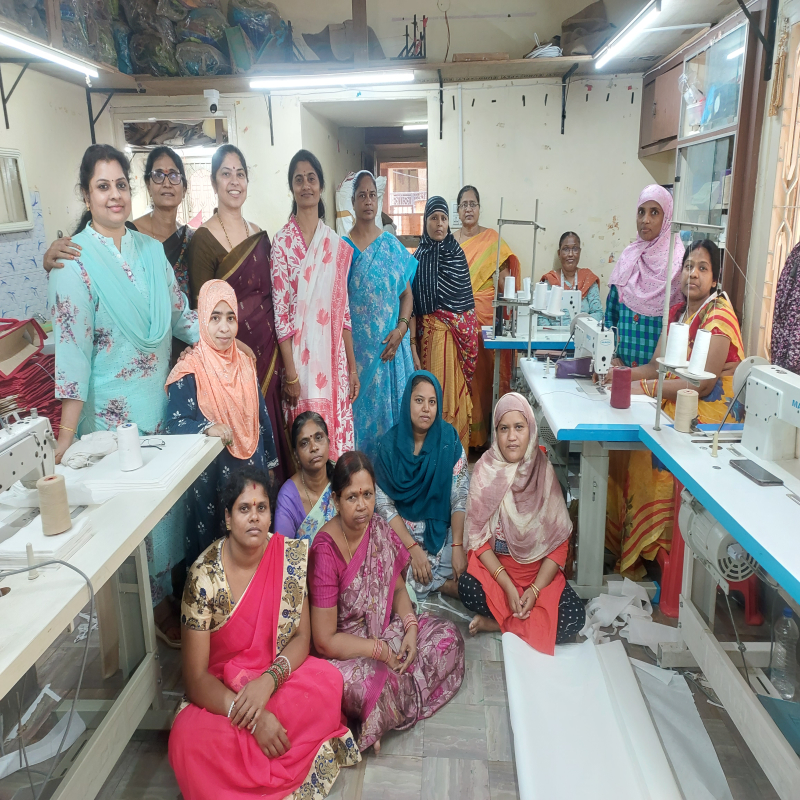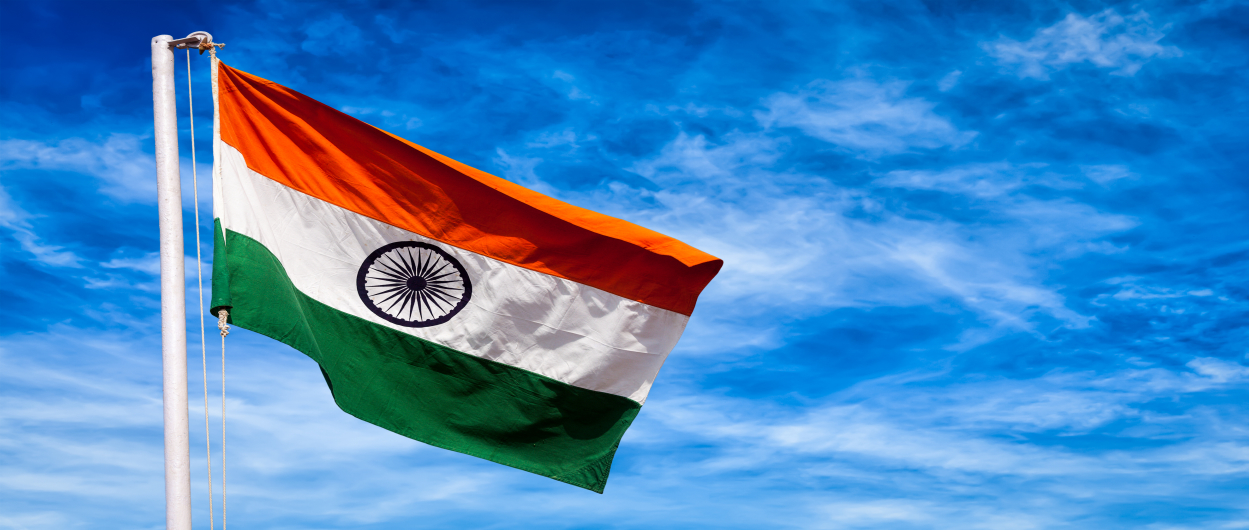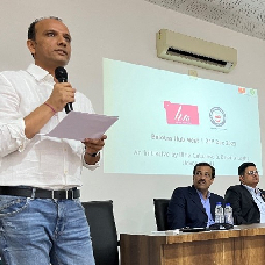Birla Purocel: Celebrating 77 Years of Independence by Pioneering Sustainability and Innovation
August 14, 2024At Birla Purocel, the journey towards sustainability is a continuous endeavour. Their mission has always been to collaborate with value chain partners to create sustainable alternatives to single-use plastics, thereby reducing the environmental footprint. One of the latest strides in this direction is the development of India’s national tricolour flag using nonwoven fabric made from Birla Purocel fibres. This innovative initiative aims to replace the commonly used plastic flags with biodegradable alternatives, showcasing their commitment to environmental stewardship.
The biodegradable national flags, developed in collaboration with Prabhavana, a Hyderabad-based NGO, represents a significant step forward. Prabhavana, recognized as India’s first multi-state women-run cooperative society, empowers women and transgender individuals through self-employment in the development of natural fibre-based products. By choosing Birla Purocel fibres, which are derived from plants and fully biodegradable in all environments, Prabhavana is helping to create a more sustainable future. These fibres are converted into spunlace nonwoven fabric by Filantro First Exports Ltd. in Sonepat, ensuring the entire process is both efficient and eco-friendly.
As India approaches its 78th Independence Day, the significance of this initiative becomes even more profound. Prabhavana, with the support of the Nonwoven and ABSTC (Aditya Birla Science and Technology Company Private Limited) teams, has produced 100% Purocel Viscose fibre national flags for distribution in schools and public spaces. This replaces the traditional plastic flags that are often used, offering a more environmentally responsible option for celebrating national pride.
Beyond the national flags, Prabhavana and Birla Purocel’s collaboration extends to developing a variety of utility products that serve both functional and environmental purposes. These include laminated packaging, prasadam bags, grow bags, mulch nets, and other similar products made from VSF nonwoven fabrics. Each of these products is designed to replace single-use plastics, further contributing to a circular economy and reducing waste.
The work being done by Prabhavana, in partnership with ABSTC and the Nonwoven team, goes beyond just creating products. It represents a holistic approach to sustainability, focusing not only on environmental impact but also on social responsibility. The products crafted by Prabhavana’s artisans are a testament to the power of sustainable innovation. These artisans, who have received specialized training, are able to contribute to society by producing goods that are both sustainable and socially responsible.
 Prabhavana co-operative society members making natural fibre-based utility products
Prabhavana co-operative society members making natural fibre-based utility products
Smt. Deepa Sanka, the founder and President of Prabhavana, expressed her excitement about the potential of this collaboration. She emphasized the dual purpose that Prabhavana aims to serve: providing livelihood opportunities to women and producing environmentally friendly products that avoid the use of plastics. This dual focus not only supports the local community but also aligns with Birla Purocel’s strategy of promoting the use of viscose-based utility products as a replacement for plastics.
Prabhavana’s future plans are ambitious and broad in scope. They intend to continue developing socially responsible and sustainable products using natural fibres like jute and viscose. Their cooperative approach aims to expand into sectors such as food processing, education, and healthcare, further reinforcing their commitment to sustainability and social empowerment.
The partnership between Birla Purocel and Prabhavana is a shining example of how businesses and communities can work together to achieve shared goals of sustainability and social responsibility. By focusing on the development of biodegradable and compostable products, this collaboration not only addresses the urgent need to reduce plastic waste but also empowers marginalized communities. It is a model of circularity in action, where every step of the process—from raw material sourcing to product development and distribution—is designed to minimize environmental impact and maximize social benefits.
The national tricolour flags made from 100% Birla Purocel fibres are more than just symbols of national pride. They represent a broader commitment to sustainability, circularity, and social empowerment. As we celebrate India’s 78th Independence Day, these flags serve as a reminder of the importance of responsible innovation and the impact it can have on both people and the planet. Through initiatives like these, Birla Purocel continues to lead the way in creating a more sustainable and equitable future for all.











